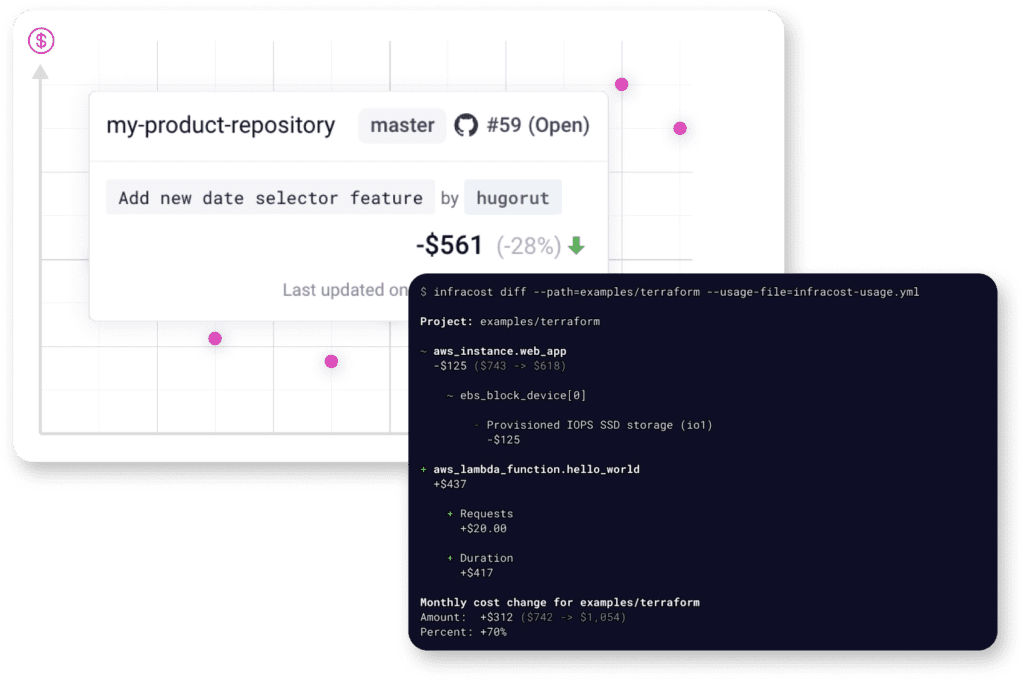Chargeback in FinOps
In the world of FinOps, the practice of chargeback stands as a cornerstone for transparent and accountable cloud cost management. As organizations strive for cost visibility and accurate allocation, understanding chargeback becomes paramount.
What is Chargeback?
In FinOps, chargeback refers to the practice of attributing cloud costs back to the specific departments, teams, or projects that incurred them. It ensures that each entity within an organization is accountable for its cloud usage and provides visibility into how resources are consumed and billed.
Importance of Chargeback
Chargeback serves several crucial functions in FinOps:
- Transparency: It provides a clear view of who is consuming what, enabling better budgeting and forecasting.
- Accountability: By assigning costs directly to users or departments, it promotes responsible cloud usage.
- Optimization: With detailed cost data, teams can identify inefficiencies and areas for potential savings, and benefit from their efforts.
Implementing Chargeback
Successful chargeback implementation involves:
- Allocating Resources: Properly allocating cloud resources ensures that costs can be tracked back to their source.
- Regular Reporting: Generate and distribute regular cost reports to relevant stakeholders.
- Feedback Loop: Engage with teams to understand their usage patterns and address any concerns or disputes.
Conclusion
The chargeback method in FinOps plays a role in fostering a culture of cost awareness and responsibility. By implementing and refining chargeback practices, organizations can achieve more transparent, efficient, and accountable cloud cost management.
Shifting FinOps Left 👈
Put cloud costs in engineering workflows, and see the cost of upcoming code changes before resources are launched.

